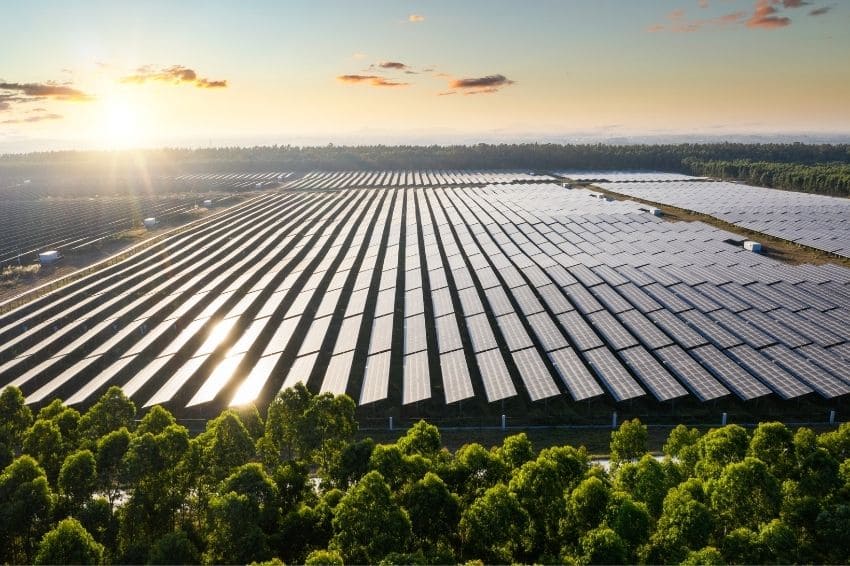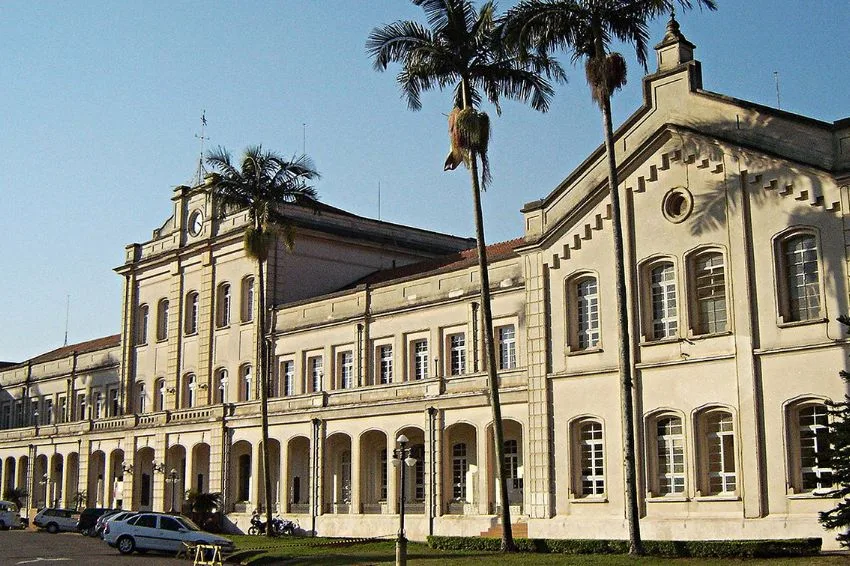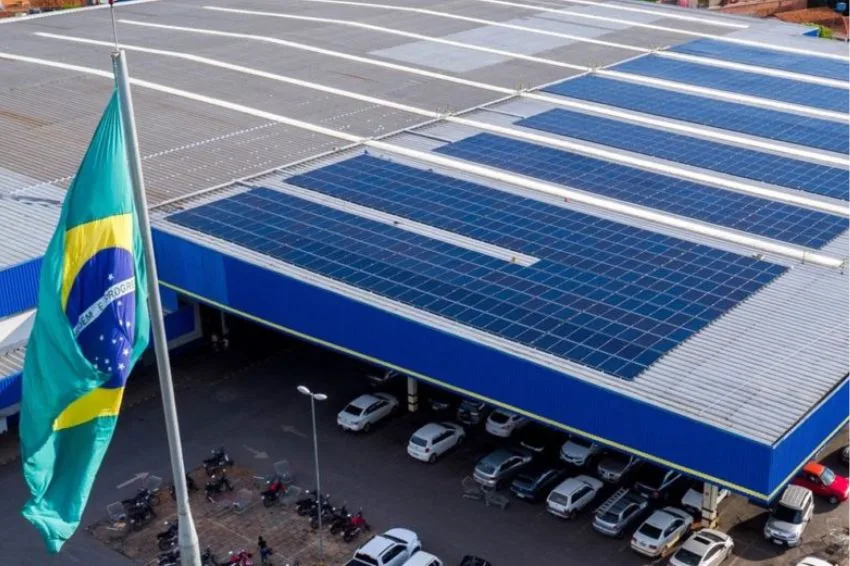Brazil has just reached a historic milestone. According to a survey carried out by ABSOLAR (Brazilian Association of Photovoltaic Solar Energy), the country reached 7 GW of operational power from solar sources, in large plants and small and medium-sized systems installed on roofs, facades and land.
“Photovoltaic energy is growing rapidly because it reduces household, commercial, service and industrial expenses. We reached 7 GW, half of the Itaipu hydroelectric plant”, said Ronaldo Koloszuk, president of the Board of Directors of ABSOLAR.
“However, we are just getting started. Brazil has, for example, around 410 thousand UCs (consumer units) supplied by photovoltaic solar energy for a population of around 210 million inhabitants. For comparison purposes, Australia has 8 million inhabitants and already has 2 million UCs supplied by solar energy. There, it continues to expand, and this also shows the potential for growth in our country”, highlighted Koloszuk.
Centralized generation
According to the entity, in the GC (centralized generation) segment, Brazil has 3 GW of power in photovoltaic plants, the equivalent of 1.6% of the country's electrical matrix. In 2019, the source was the most competitive among renewables in the two New Energy Auctions, A-4 and A-6, with average prices below US$ 21/MWh.
Currently, large-scale plants are the seventh largest source of generation in Brazil, with projects in operation in nine Brazilian states: in the Northeast region (Bahia, Ceará, Paraíba, Pernambuco, Piauí and Rio Grande do Norte); Southeast (Minas Gerais and São Paulo); and Central-West (Tocantins). Accumulated investments in this segment exceed R$ 15 billion.
Distributed generation
Already in GD (distributed generation) there are more than 4 GW of installed power from the solar source, which represent R$ 20 billion in accumulated contributions since 2012. Photovoltaic technology is used in 99.9% of all distributed connections in Brazil.
Regarding the number of systems installed, ABSOLAR pointed out that residential consumers are at the top of the list, representing 72.8% of the total. Next come companies in the commerce and services sectors (17.3%), rural consumers (7.0%), industries (2.5%), public authorities (0.4%) and other types, such as public services (0.03% ) and public lighting (0.01%).
In terms of installed power, consumers in the commerce and services sectors lead the use of photovoltaic solar energy, with 38.5%, followed by residential consumers (38.0%) and rural consumers (13.2%), industries (8.9%), power public (1.2%) and other types, such as public services (0.1%) and public lighting (0.02%).
GC and GD
Adding the installed capacities of the GC and DG segments, the photovoltaic source occupies sixth place in the Brazilian electrical matrix, behind hydroelectric, wind, biomass, natural gas thermoelectric and diesel thermoelectric sources and other fossil fuels.
However, solar already represents more than the sum of the entire installed capacity of coal-fired thermoelectric plants and nuclear plants, which totals 5.6 GW.
The association also highlighted that, since 2012, photovoltaic energy has brought more than R$ 35 billion in new investments to the country and generated more than 210 thousand accumulated jobs.
According to Rodrigo Sauaia, CEO of ABSOLAR, solar will have an increasingly strategic role in achieving Brazil's economic development goals, especially to help with the sustainable recovery of the economy, as it is the renewable source that generates the most employment and income in the country. world.
“Solar photovoltaics reduces the population’s electricity costs, increases the competitiveness of companies and relieves public sector budgets, benefiting small, medium and large consumers in the country. The sector works to accelerate the renewable expansion of the Brazilian electricity matrix, at competitive prices. We are the cheapest renewable source in Brazil and will help the country to grow with increasing competitiveness and sustainability”, points out Sauaia.















